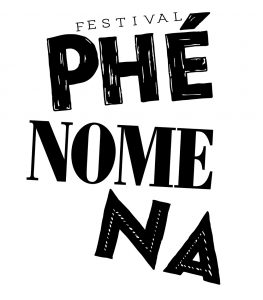Saturday October 7th 2023
— 12:00 p.m.- 5:00 p.m. @ Studio 303 (continuous performance)
Free
Open to all
Event produced by Phénomena Festival, presented as an partner independent production at Studio 303
On request, a childcare service will be offered free of charge in the adjacent office – Please contact us at info@studio303.ca before Monday, October 2nd 2023 at 9am.
She goes upstream against the current. On the arduous road of safeguarding and repatriating the memory of the past upon which Natasha Kanapé Fontaine embarked several years ago, there is the observation of the movement of Innu ancestors from north to south, whether on foot or by portage. Natai-kukushu is a long-form performance first created in New Zealand for the Ko Te Akau exhibition by performance artist and choreographer Charles Koroneho, in which Natasha Kanapé Fontaine seeks to reproduce the gestures and actions of the ascents to the land, the Nutshimit, for her own remembrance or to contribute to the memory of her people and generation. Whether navigating canoes by pole, carrying bundles and camping gear, or weaving traditional snowshoes, the artist wishes to invite the public to follow her into the ancestral territories of the Innu.
Natasha Kanapé Fontaine first known as an activist, writer and multidisciplinary artist, has spent years away from performance and visual art. In 2022, she created a series of extended performances as part of the Ko Te Akau performative exhibition, created and curated by Maori artist Charles Koroneho, at the Nelson Whakatau Arts Festival, New Zealand. In 2024, she will present a co-creation with Wolastoqey artist, dancer and choreographer Ivanie Aubin-Malo on the path of the ancestors and giants of legends, tentatively entitled Wahsipekuk/Kashipekut, at the Agora de la danse. These approaches to movement and performance fit logically into Natasha Kanapé Fontaine’s ongoing literary creation, which is to seek out the fragmented parts of her people’s memory, to reconnect ancient narratives with the present, and to repatriate memories of the past from before the impact of residential schools on generations of Innu.


